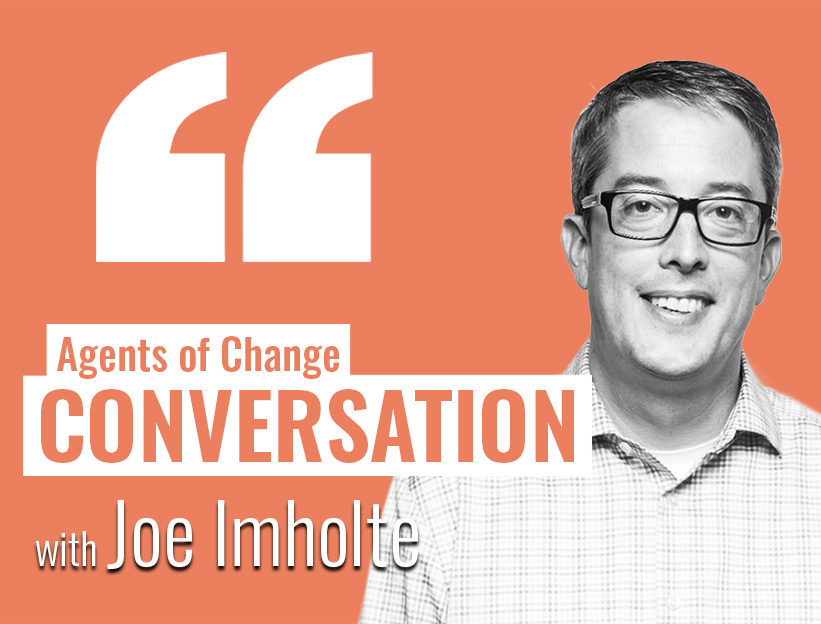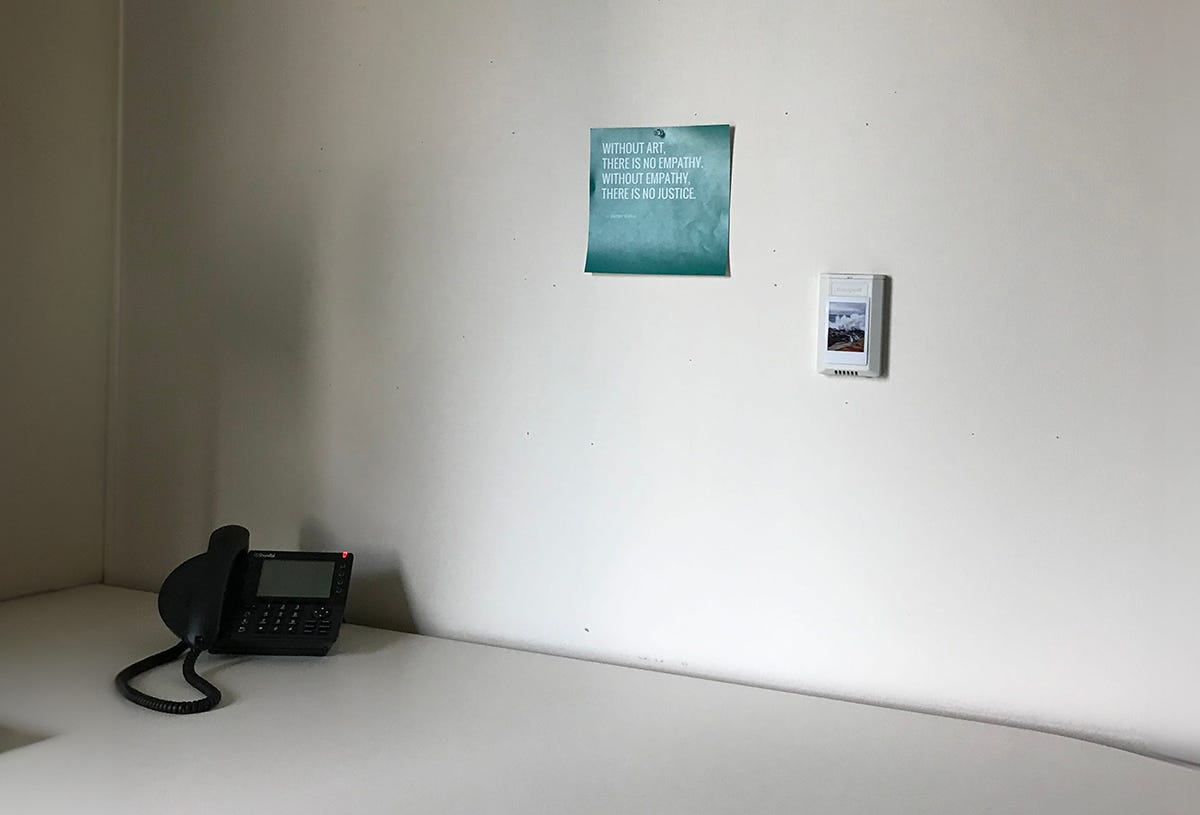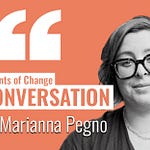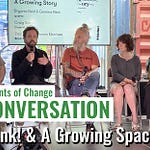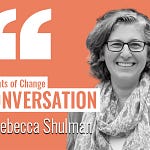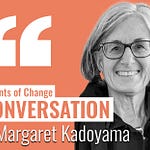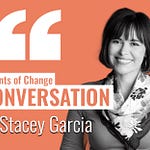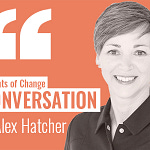Hey Changemakers,
I am excited to continue this series of conversations here at Agents of Change, which gives me an opportunity to bring in the insights and perspectives of some incredible thinkers doing the work of making change happen.
This episode is a little different.
Four years ago, just a week after the pandemic shut down most museums across the country, I joined the ranks of thousands of museum workers who were laid off from their jobs. I wrote a deeper reflection on my experience a couple years ago, in which I explore my own journey of healing, repair, radical forgiveness, and ultimately giving myself permission to move on.
And like so many people who have experienced any type of layoff, I still find myself thinking a lot about that experience and what I have learned (and keep learning) from it. So it was really good to connect with someone and have a shared conversation about our layoff experiences.
For this episode, I am joined by Joe Imholte, a leader in the field of museums with a career that now spans 30 years. Joe is currently the Executive Vice President at the Bakken Museum, a science, technology, and humanities museum in Minneapolis. Joe experienced his own layoff the year prior to the pandemic, leaving an institution he’d been with for many years. He reached out to me about sitting down for this conversation, and I gladly accepted. We both felt that we had more to share and open up about life after layoff.
And I should add that I’m familiar with Joe and the Bakken Museum for a couple reasons – first, they have been one of the few museums to carry “Museums Are Not Neutral” mugs in their gift shop. And second, Joe has been part of the team at the Bakken leading their efforts around pay equity. I’ll let Joe share more about his own background and work as we dive into the conversation.
This conversation is vulnerable and honest, and we hit on some commonalities of our experiences that we wanted to share.
First and foremost, we talk about how isolating it can feel to be laid off. The process itself is very distancing, and we can feel alone for so many reasons. But experiencing a layoff is not uncommon (as unfortunate as that is). Especially these past several years, so many of us have exited our jobs for various reasons, and it can be helpful to realize this and connect with others who have shared this experience.
Joe and I both share what it was like, not just to leave an institution, but to lose the community we had been so connected with for so long. These are the colleagues we’d worked with closely every day for years, and suddenly that connection is severed. It is an experience and feeling that I’ve not heard others talk about or write about, so I am glad we opened up about it here.
Finally, we discuss our own challenges with returning to our previous institutions—how hard it can be to walk through that door, reconnect with old colleagues, and even remember what it smells like in the buildings we used to work in. For me, this has been one of the most difficult things about being laid off, and I still struggle with making those return visits.
As we conclude our conversation, we both answered the question, “What would you tell someone who been laid off recently or might be in this transition right now?”
Joe reminds us that we’re not alone, and that we all have some form of a support network to connect with, whether that be family or friends. Reach out and find those connections. And I would say to remember that we are not are jobs, and that our identities are far greater than what we do at work and where we work.
These moments have a lot to teach us when we’re ready to listen (even if if it takes us a while to get to that place).
I am so grateful for this time speaking with Joe, and sharing these human experiences. We both hope that you find this conversation meaningful in some way.
Upcoming Workshops: Filling Up Fast!
I have two big workshops coming up in April, and I’d love have you as a part of them. “Community-Centered Engagement,” starts on April 10, and it already three-fourths filled, so I encourage you to register soon.
This workshop is an in-depth three-part online intensive designed to help you build a stronger community-centered practice and advocate for more meaningful community involvement and partnerships at your organization.
Meanwhile, the next “Making Change Happen” work is happening very soon — next week on Wednesday, April 3!
We had our first “Making Change Happen” workshop last week and we had such meaningful conversations about our comfort with change, the different kinds of challenges we have in larger vs smaller organizations, and ways to combat negative stories we might tell ourselves. I’m really looking forward to exploring these themes again next week.
I’d love to have you join us for this fun, engaging workshop that explores how to be an effective changemaker in your work. And as a reminder, all students should register with the code STUDENT for a discount.
Did you know that Agents of Change has a paid subscription option? Paid subscribing gives you access to additional posts. It’s also a way to support the work it takes to create this Substack (thank you!!).
And if you are curious to know more about some of the different kinds of services I do - including the creative work I do with nature and place-based arts nonprofits, have a look at my project page and services page.



